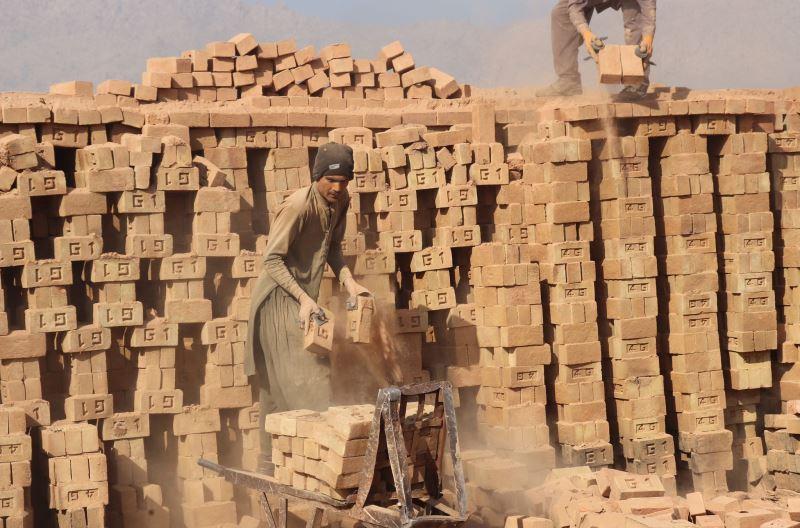JALALABAD (Pajhwok): The number of children working in brick kilns has decreased in eastern Nangarhar province, says the Labor and Social Affairs Department.
Previously 130 . . .
You need to subscribe to view the full article. Please login or register a new account.







GET IN TOUCH
NEWSLETTER
SUGGEST A STORY
PAJHWOK MOBILE APP